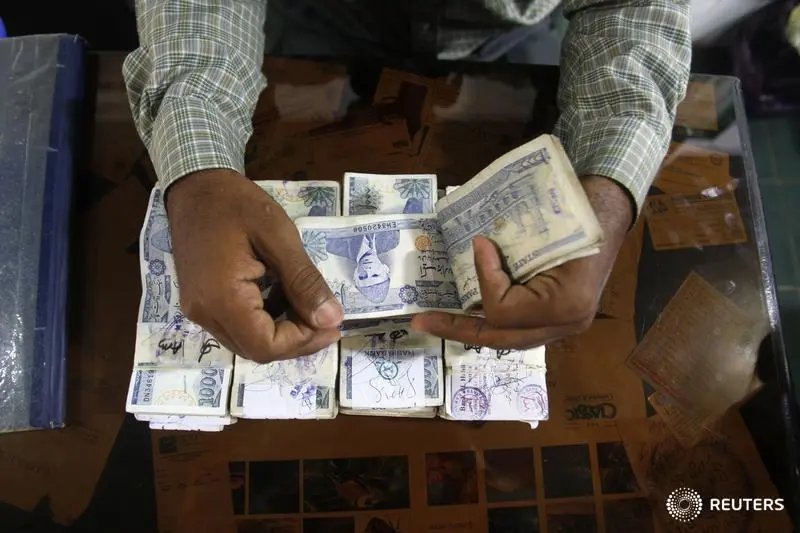PHOTO
ISLAMABAD - Pakistan's central bank raised its key policy rate by 100 basis points to 16% on Friday in an unexpected move to ensure high inflation does not get entrenched.
Including this increase, the central bank has raised its key rate by 625 basis points cumulatively in 2022. It kept the rate unchanged at its last two meetings in October and September.
"This decision reflects the MPC's view that inflationary pressures have proven to be stronger and more persistent than expected," the central bank said in a statement after a meeting of its monetary policy committee.
State Bank of Pakistan Governor Jameel Ahmad said at an analyst briefing after the move that the tightening so far was enough to achieve the central bank's objectives at this time.
Despite the likelihood of inflation being more persistent than previously anticipated, the bank said it still expected it to fall toward the upper range of a 5-7% medium-term target by the end of the financial year 2024.
"Maintaining fiscal discipline is needed to complement monetary tightening, which would together help prevent an entrenchment of inflation and lower external vulnerabilities."
A majority of respondents in a survey by Topline Securities earlier this month forecast no change to the policy rate, and a cut by the end of the current financial year in June 2023.
Pakistan has been grappling with persistently high inflation, with a 26.6% year-on-year rise in the consumer price index (CPI) in October, despite devastating floods and attempts to maintain fiscal discipline leading to an economic slowdown.
"Looks like SBP is more concerned with rising inflation. Moreover IMF talks for next tranche is under way and is delayed, that may have also compelled the committee to take this step to fight inflation," Topline analyst Mohammad Sohail said.
Pakistan's timely finalisation of a recovery plan from the floods is essential to support discussions and continued financial support from multilateral and bilateral partners, the International Monetary Fund (IMF) said on Wednesday.
The SBP reaffirmed a GDP projection of about 2% for the financial year 2023 and also a current account deficit forecast of about 3% of GDP, but said it now expects higher food prices and core inflation to push average inflation to 21-23% versus their earlier estimate of 18-20%.
(Writing by Swati Bhat; Additional reporting by Asif Shahzad and Sudipto Ganguly, Editing by William Maclean and Alexander Smith)





















